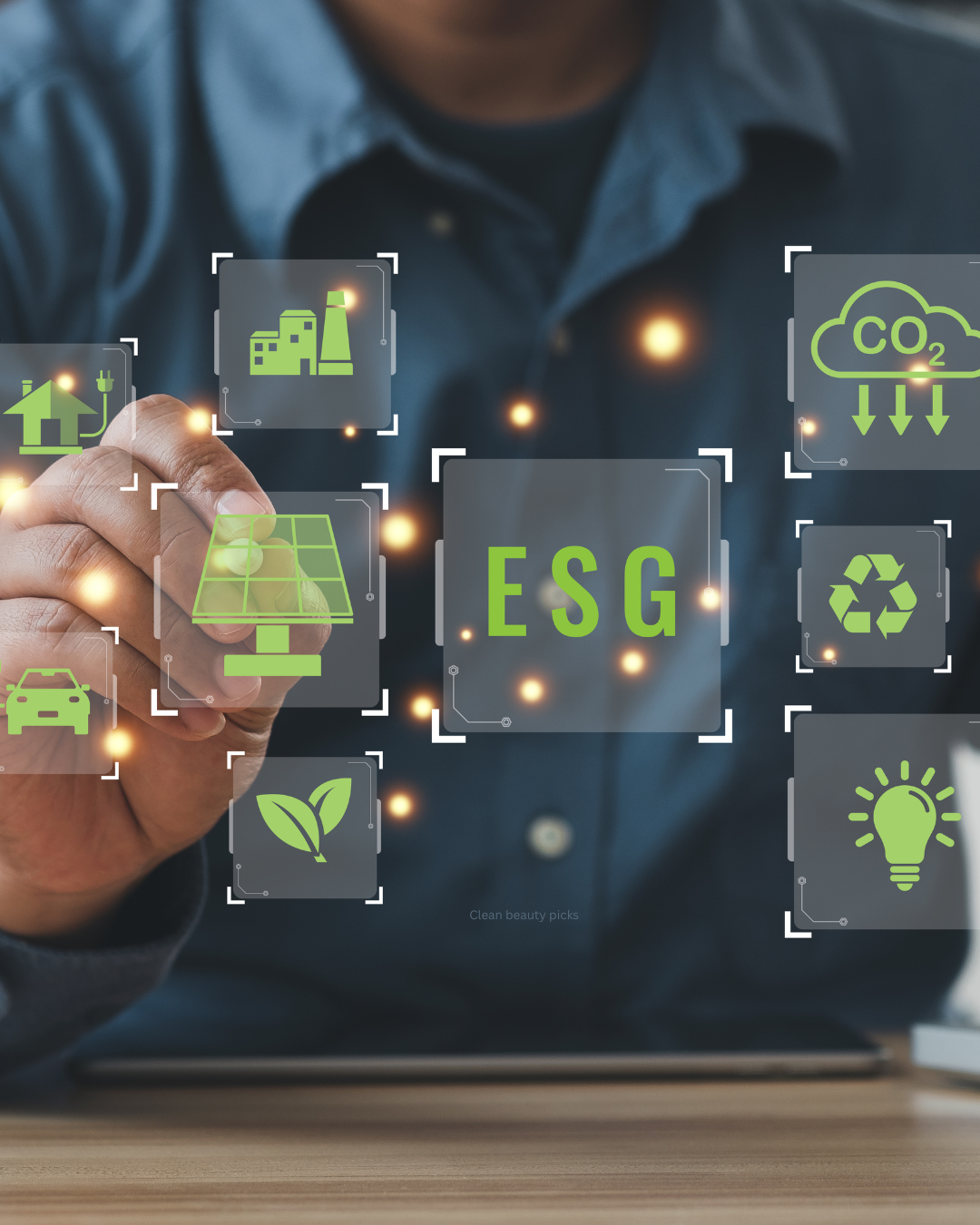In April 2025, British multinational Unilever acquired Wild Cosmetics, a UK-based brand known for its refillable deodorants, in a deal valued at nearly £100 million.
With a focus on low-waste packaging and natural formulations, Wild’s business model complements Unilever’s broader strategy of shifting its personal care portfolio toward eco-conscious offerings.
Alongside the Wild acquisition, Unilever Ventures has invested $5 million in indē wild, an Ayurvedic-inspired skincare brand founded by influencer and entrepreneur Diipa Büller-Khosla. Known for combining traditional Indian wellness practices with modern skincare science, indē wild has achieved 400 percent growth in India.
The investment will support the brand’s expansion into the U.S. market, with plans to launch in Sephora stores by 2026. The move highlights Unilever’s interest in high-growth, culturally rooted beauty brands with global potential.
Unilever’s commitment to sustainability was further recognized at the PRIME Innovations & Awards 2025, held in Dubai, UAE. Its flagship hygiene brand Lifebuoy received top honors in the Sustainability Category, a reflection of its leadership in advancing health and hygiene while embracing environmentally responsible practices.
Lifebuoy, Unilever’s leading hygiene brand was recognized at the recently held PRIME Innovations & Awards 2025 held in Dubai, UAE as a winner in the sustainability category receiving recognition int eh category of ‘Sustainable Brand Owner of the Year’!
Lifebuoy was recognized… pic.twitter.com/gzVcGD2f5F
— Unilever Arabia (@UnileverArabia) May 5, 2025
As part of its broader sustainability agenda, Unilever is exploring a strategic partnership with Malaysia to strengthen sustainable palm oil sourcing in East Africa. The initiative seeks to improve supply chain traceability, support local economies, and reinforce global sustainability standards.
Palm oil production does however remain one of the most controversial issues in global consumer goods. Unsustainable practices have led to widespread deforestation in countries like Indonesia and Malaysia—destroying critical habitats for endangered wildlife including orangutans, Sumatran tigers, and pygmy elephants.
While Unilever has made public commitments to sourcing 100 percent certified sustainable palm oil, critics have raised concerns about the effectiveness of existing certification systems, citing loopholes and limited enforcement. Allegations of greenwashing continue to follow major corporations, even as they strive to adopt more transparent and ethical sourcing models.
Unilever’s recent moves seem less about saving the planet and more about staying ahead of where the market is going. By putting money into refillable packaging, cleaner ingredients, and wellness-focused branding, the company is keeping up with consumer trends and getting ready for tighter regulations and new financial incentives. ESG–while facing more debate and mixed reception in the U.S.—continues to shape how companies report, attract investment, and manage risk, particularly in regions like the EU and UK, where governments are leading the way on ESG.
